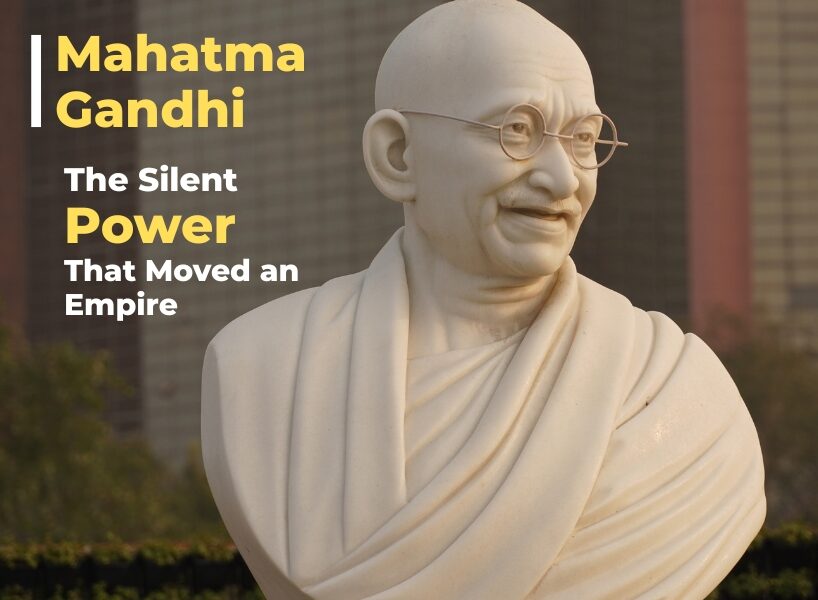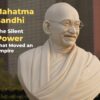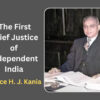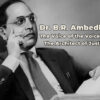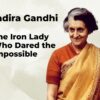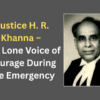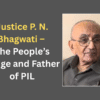History remembers many warriors, rulers, and revolutionaries — but few dared to fight without weapons. Among those rare souls stands Mahatma Gandhi, aman who chose truth over tyranny, peace over violence, and simplicity overglory. He did not win freedom with an army — he won it with inner strength, moral courage, and the undying belief that change begins from within.
This is not just the story of a political leader — this is the story of a man whobecame the soul of a nation.
The Humble Beginning
Mohandas Karamchand Gandhi was born on 2nd October 1869 in Porbandar,
Gujarat. He belonged to a modest family, raised with strong moral values and deep-rooted spirituality. As a child, Gandhi was shy, quiet, and curious. He wasn’t a genius or a born leader — but what made him special was his relentless pursuit of truth and justice.After completing law in England, he went to South Africa, where his real transformation began. There, for the first time, he faced blatant racial discrimination — being thrown out of a train for being Indian. That moment of
humiliation sparked something powerful inside him — a vow to fight injustice without lifting a fist.
Birth of a New Philosophy
In South Africa, Gandhi developed the idea of Satyagraha — a non-violent form of protest based on truth and civil disobedience. His protests were not violent uprisings, but moral awakenings. He believed that no matter how strong the oppressor is, truth will always prevail.
When Gandhi returned to India in 1915, he brought with him a new kind of revolution — not of bloodshed, but of sacrifice, simplicity, and self-rule.
The Leader of the Masses
Gandhi didn’t become a leader by claiming power — he earned it by serving people.
- In 1917, he led the Champaran Satyagraha, supporting poor farmers against British landlords.
- In 1920, he launched the Non-Cooperation Movement, urging Indians to boycott British goods, schools, and services.
- In 1930, he walked 240 miles in the iconic Dandi March, picking up salt to challenge British salt laws — proving how simple acts can shake empires.
- In 1942, he gave the clarion call of “Quit India“, urging the British to leave India for good.
What made him different was not just what he fought for — but how he fought.
His Philosophy: More Than Politics
For Gandhi, freedom was not just political independence — it was freedom from fear, greed, hate, and ignorance. He believed in:
- Truth (Satya): Always speak and live by the truth.
- Non-Violence (Ahimsa): Even the enemy deserves love and understanding.
- Self-Discipline: The foundation of strength lies in restraint.
- Swadeshi: Build a nation by building from within.
- Sarvodaya: Upliftment of all, not just a few.
He lived what he preached — wearing khadi, walking barefoot, and eating simple food. He showed that leadership is not in power, but in character.
A Death That Became Immortal
On 30th January 1948, Gandhi was assassinated — not by a foreign enemy, but by an Indian extremist. But his death did not silence him — it amplified his message across the world.
Even today, from Martin Luther King Jr. to Nelson Mandela, leaders across continents draw inspiration from Gandhi’s life. His ideas live on in peace movements, social justice campaigns, and every voice that stands for truth without violence.
Conclusion
Mahatma Gandhi was not a man who ruled — he was a man who served. He didn’t wear crowns, but he wore the hearts of millions. He didn’t fight with swords, but with silence, fasting, and unshakable resolve. He didn’t just free India — he freed humanity from the idea that violence is the only way to
victory.
“Generations to come will scarce believe that such a one as this ever in flesh and blood walked upon this earth.” – Albert Einstein
Gandhi wasn’t just the Father of the Nation — he was, and will always be, a guiding light for humanity.

